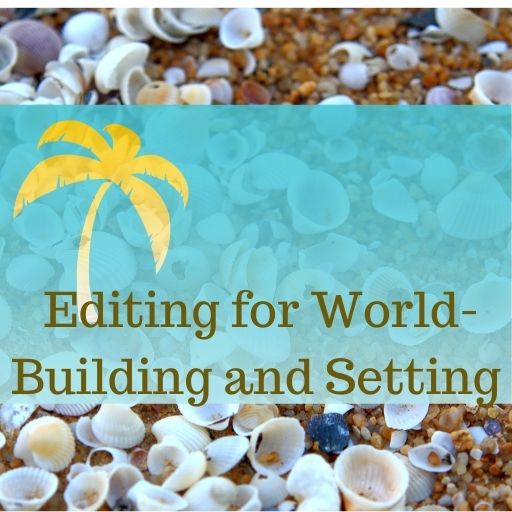Helping Authors Strengthen Story Settings
The setting of a novel consists of multiple elements, big and small, that nest inside each other like those little Russian dolls.
We might show this hierarchy of settings like so:
- Milky Way galaxy
- Earth
- North America
- United States
- New Mexico
- Santa Fe
- San Mateo Road
- 601 San Mateo Road
- 601 San Mateo Road Apartment 16
- the living room of 601 San Mateo Road, Apartment 16
If you think about it, the micro setting of “the living room of 601 San Mateo Road Apartment 16” implies the existence of all of the other settings – Santa Fe, the United States. And, of course, we can get even more micro than this: the sofa in the living room of 601 San Mateo Road Apartment 16, and so on.
Each of these settings has certain characteristics: Santa Fe is different from Roswell, New Mexico is different from Vermont, and the United States is different from the Philippines.
How the various settings that go into the living room of 601 San Mateo Road Apartment 16 are dealt with depends on the story (and by no means do all of them need to be named to provide context for the setting), but typically it will improve the story if the author moves at least some of the action out of the living room.
Exploring the Story World
Authors often get focused on micro settings at the expense of the macro setting. In other words, the living room ends up being the character’s entire world, when in fact the character has an actual entire world to interact with.
In some cases, it makes sense for the story to take place in the living room. Most of the time, though, the story would be more engaging if the author provided greater variety in the setting. Letting a character explore and interact with the story world brings both character and setting alive.
Just as a movie set only in one location at only one time of day can feel one-note (not as a universal rule, but typically), so too can a novel where most story events take place in the same location, especially if the characters are constantly doing the same thing in that setting. I would say that in novels, the number one setting for conversations is around a table while the characters are eating.
Certainly, characters may be expected to eat, and certainly, tables are conducive to conversation, but after a while, all the meals blur into one, at least for the reader, if not for the characters. Moving some of these conversations to other locations will help the story feel more vivid.
Playing Location Scout
Therefore, part of our job is to play location scout: “AU: Consider moving this conversation to the park/gym/International Space Station.”
It’s even better if these locations reflect character traits: the bowling enthusiast could have a conversation at the bowling alley, the swimmer at the pool, or the hiker on the trail.
Unlike a movie, asking the author to have the characters attend a wedding, go to the beach, or play billiards at the snooker hall does not cost extra.
Turning some of these conversations into other kinds of plot events would also be a good idea, but that is beyond the scope of this post.
Tips for Editors & Writers
-
Getting Started Teaching How-To Classes
If you’re a developmental editor, you’ve probably occasionally thought about teaching a class for writers—perhaps as a means to let people get to know you before they invest in the expense of a full developmental edit or because you want to help them solve some common writing problems before they finish their first draft or…
-
Plant a Seed, Earn a Buck
A few months back, a book I wrote more than twenty years ago delivered an unexpected royalty check for $1,000. When I originally wrote the book, I received an advance that earned out in a year or so. After a few years, the book stopped selling all that many copies (this is common), but I…
-
Happy New Year!
I ate my grapes (a Spanish tradition for the new year), said “Feliz año!” to everyone in the neighborhood, and snuggled up with a good book, feeling grateful as I embark on my second year in Spain. May your 2026 be filled with happiness and adventure!
Join the Club!
New to story editing? Begin at the beginning.





